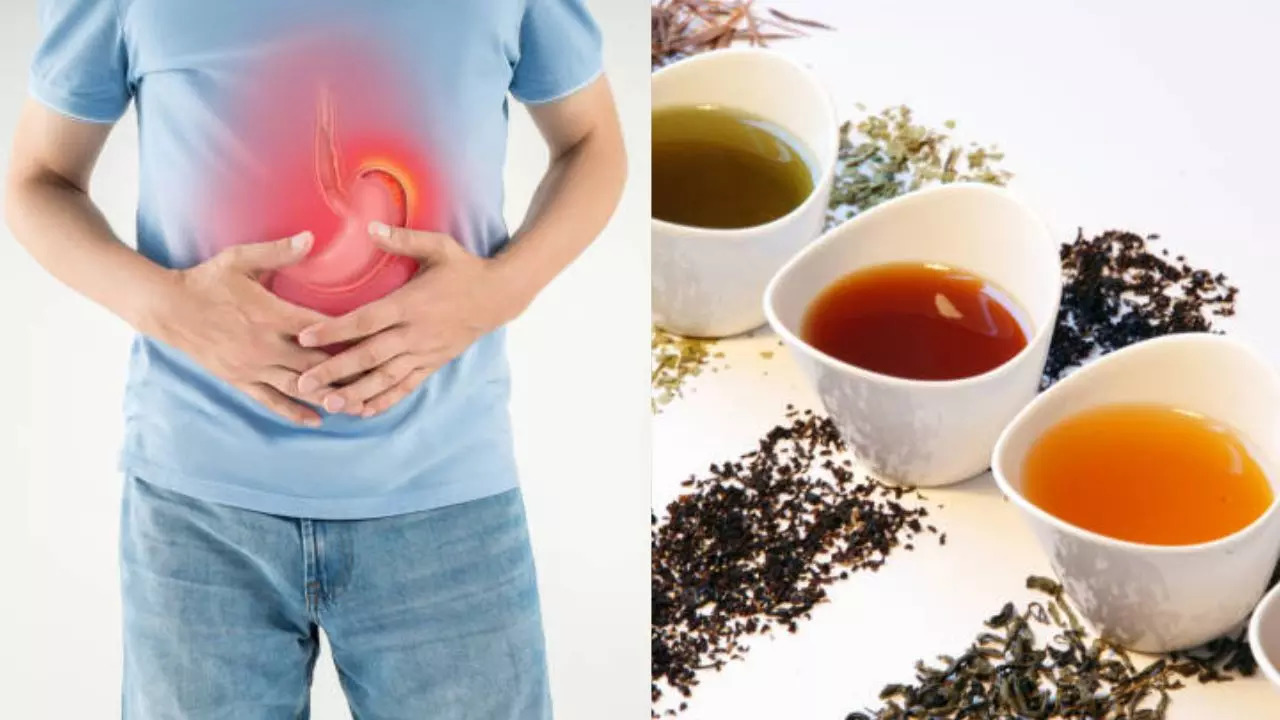-
news
-
Health
-
Diet
Feeling bloated? Gastroenterologist shares quick remedies for better digestive health
Bloating in the stomach affects many people due to factors like excess gas, digestive disorders or poor eating habits. We contacted a gastroenterologist who shares the causes and suggests remedies like herbal teas, probiotics, fiber supplements and lifestyle changes for relief.

Feeling bloated? Gastroenterologists share quick remedies for better digestive health (Image credit: iStock)
A bloated stomach is usually described as a feeling of tightness, pressure, or fullness in the abdomen, which may or may not be accompanied by a visibly swollen abdomen. But why do we experience bloating? The main cause of stomach pain and bloating is often excess gas in the intestines. If you feel bloated frequently after eating, it may be due to a digestive problem. This may result from eating too quickly or may indicate a food intolerance or other condition that causes gas to build up in the digestive tract.
how common is it Abdominal distension,
Dr Sushrut Singh, Additional Director – Gastroenterology, Fortis Hospital, Noida, explains that bloating affects a large number of people: 10 per cent to 25 per cent of healthy individuals complain of bloating at times, and about 75 of them Percentages describe their symptoms. As moderate to severe. About 10 percent of people experience it regularly. In people suffering from irritable bowel syndrome (IBS), bloating can affect up to 90 percent.
What causes flatulence?
gas
Gas is a natural byproduct of digestion, but excessive intestinal gas may indicate a disruption in digestion. While some gas is swallowed through air or carbonated beverages and expelled through belching, most intestinal gas is produced by gut bacteria during the digestion of carbohydrates, a process called fermentation. Common causes of gas-related bloating include:
– Carbohydrate malabsorption: Some carbohydrates (such as lactose, fructose, and those found in wheat and legumes) can be challenging for some people to digest.
– Small bowel bacterial overgrowth (SIBO): This occurs when bacteria normally confined to the colon overgrow into the small intestine, potentially causing inflammation.
– Functional digestive disorders: Conditions like IBS and functional dyspepsia can impair digestion.
– Intestinal hypersensitivity: Some people feel gas and bloating even when gas amounts are normal.
– Constipation: When stool remains in the colon, recently digested food can get stuck in the intestines, causing bloating.
– Bowel blockages: Blockages caused by tumors, scar tissue, strictures, or inflammatory diseases (e.g., Crohn’s disease or diverticulosis) can block the passage of digestive contents, causing bloating.
Home remedies and lifestyle changes to reduce swelling
Dr. Singh explains that long-term relief from inflammation depends on addressing the root cause, which may require professional diagnosis. For immediate or preventive measures, try these home remedies:
– Herbal teas: Peppermint, chamomile, ginger, turmeric and fennel teas can aid digestion and reduce gas.
– Peppermint Oil Capsules: Acts as a natural antispasmodic to relax the intestinal muscles.
– Antacid: Helps reduce bloating and ease gas passage.
– Magnesium supplement: Neutralize stomach acid and relax intestinal muscles.
– Probiotics: Help balance gut bacteria, aiding digestion and gas absorption.
– Psyllium husk: A fiber supplement that promotes regular bowel movements (take it with water).
– Exercise: Regular physical activity, especially core-strengthening exercises, can reduce abdominal bloating.
– Reduce stress: Try relaxation techniques like meditation, deep breathing to reduce stress.
– Adequate sleep: 7-8 hours of comfortable sleep.
– Avoid unhealthy habits: Reduce or avoid smoking, alcohol, fast food, carbonated drinks, processed foods and refined sugars.
Get the latest news live on Times Now with breaking news and top headlines from around the world on diet, health and more.


